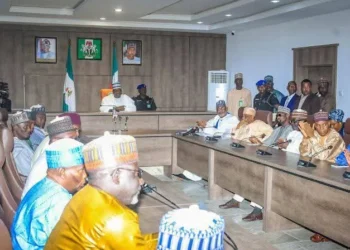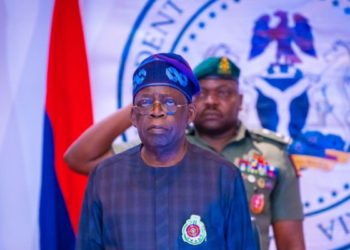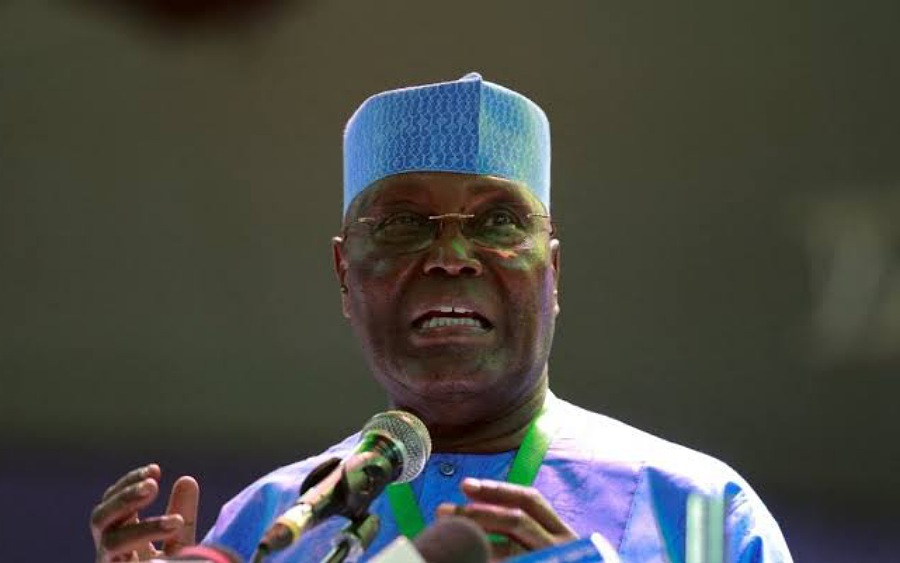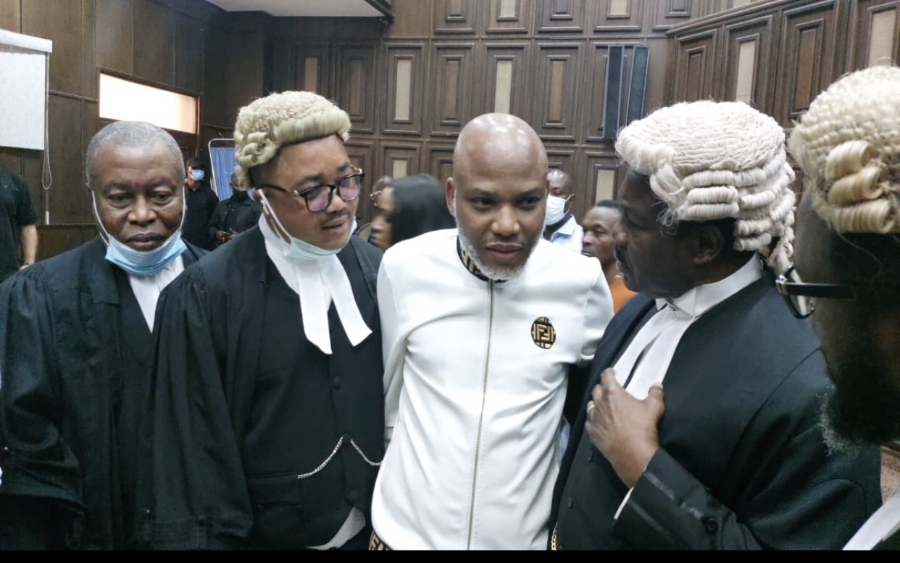Key highlights
- CDD West Africa identifies six factors that could define Nigeria’s state elections which are taking place today.
- The factors include electoral violence/insecurity, identities, inter-party and intra-party disputes, personalities versus parties, institutional preparedness, and popular participation.
- Continuing security risks from Boko Haram, IPOB, and ISWAP could contribute to electoral violence and insecurity.
Electoral violence and five other factors could define the March 18 state elections in Nigeria, according to a recent report by the Center for Democracy and Development (CDD) West Africa.
The report which was titled Previewing Postponed Polls: Nigeria’s State Elections, highlights 6 factors that could define Saturday’s state elections.
According to the report, the factors include electoral violence/insecurity, identities, inter-party and intra-party disputes, personalities versus parties, institutional preparedness, and popular participation. Let’s focus on them below.
Electoral violence/insecurity: According to CDD, there are continuing security risks from the activities of Boko Haram, the Indigenous People of Biafra (IPOB), and the Islamic State in West Africa Province (ISWAP).
However, the southwest experienced the most reported election-day violence, with political thugs disrupting polling in Lagos in particular. There were also incidents recorded in the northwest, south-south, and southeast geo-political zones. This reality will likely be replicated during the gubernatorial elections.
Identities: The report says that those who have been historically marginalized and denied access to power will contribute to shaping the elections. The report also highlights the fact that candidate selection considers ethnicity, religion and senatorial district zoning, or a combination of these as being important to voters. The report also points to generational identity as being a more prominent feature of the 2023 election cycle in Nigeria.
Inter-party/intra-party disputes: The report states that these disputes which were prominent during the presidential and national assembly elections, will also be apparent during the state elections. It says there will be a renewed focus on inter-party contests, given the power governors can exercise in the state over both development and governance as well as the state houses of assembly. These contests for control will drive political violence and online violent rhetoric on closed messenger applications like WhatsApp during and after polling and increase the risk of election processes being manipulated.
Personalities versus parties: CDD highlights the importance of personalities as opposed to political parties when it comes to voter choices. According to the report, the importance of personalities in political choice both at national and sub-national levels will be prominent during the state elections like they were during the presidential and national assembly elections. This will be key to understanding how the gubernatorial races will play out across the country.
Institutional preparedness: The report states that the fact that the Independent National Electoral Commission (INEC) has had one more week to prepare for the state elections, does not mean it will be fully prepared. The tardiness in opening the polls during the presidential elections could play out again. Challenges with the distribution of sensitive materials, issues linked to the use of technology for the accreditation of voters, collation of the results, and question marks about the integrity of some of its state-level and ad-hoc staff have led to reduced public confidence in NEC’s ability to conduct credible elections.
Popular participation: The CDD report believes that turnout will be a key element that shapes the outcome and credibility of the governorship elections. It however notes that a few factors and considerations shape voter participation and these can differ across states.
The report also highlights the fact that the lack of an incentive to vote (vote buying), reduces voter turnout in some areas. Other considerations include the risk of actors violently disrupting the process, scarcity of fuel and the Naira which continues to make life difficult for ordinary residents, which could hamper voter turnout as well.























